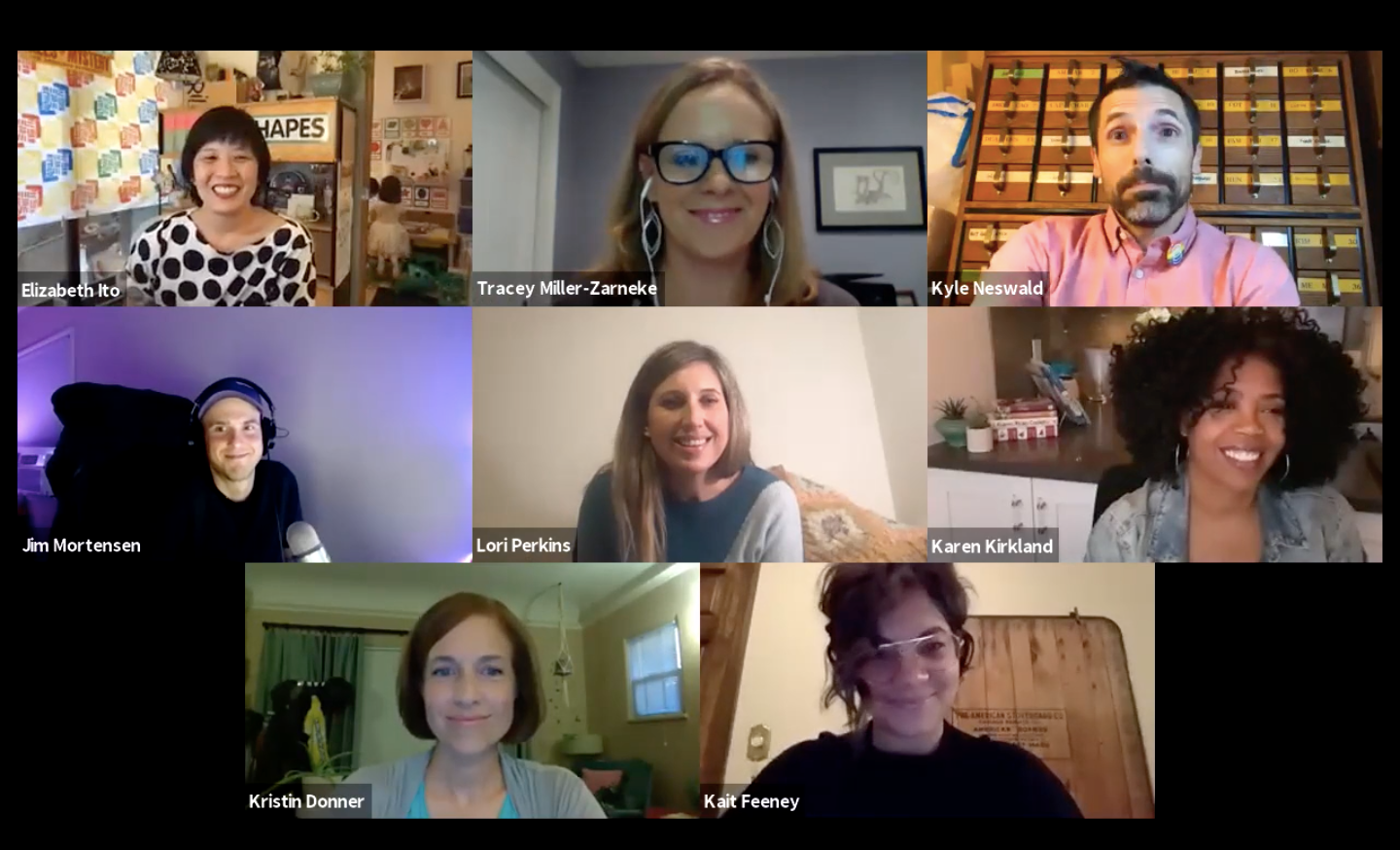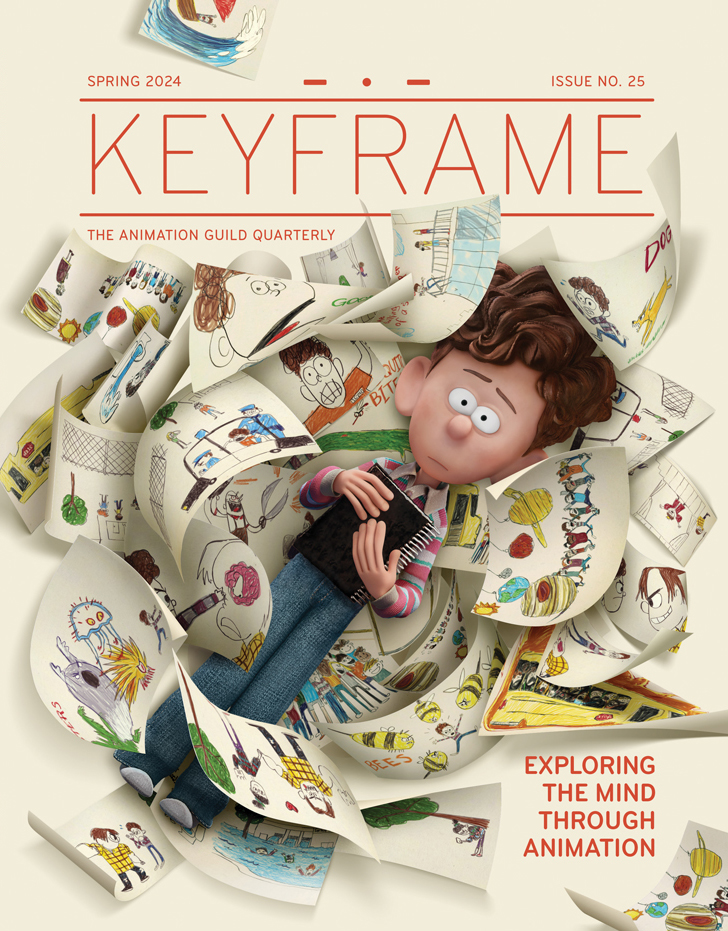In September 2020, The Animation Guild and Women in Animation (WIA) hosted a virtual panel fielding questions about how to ask for what you want in the workplace as we adapt to these unprecedented times.
Moderated by Tracy Miller-Zarneke, the WIA Board Chair of Legacy & Archives, along with Animation Guild Family and Membership (FAM) Committee Co-Chair Kyle Neswald, the panel included FAM co-chair Kristin Donner, labor lawyer Kait Feeney, director and creator Elizabeth Ito, literary agent Karen Kirkland, supervising producer Jim Mortensen, and career coach Lori Perkins.
Asking for what you want can be intimidating at any time, but with our work/life balance turned upside down, the panel agreed that the pandemic is offering new opportunities for people to reflect on their careers and create job situations that suit their needs on a holistic level. Following are a few of the issues the experts discussed.
What do you ask for when you don’t even know what you need to succeed?
“The best thing you can do for yourself in these crazy times is to take a pause,” says Perkins. Ask yourself what is working and what isn’t. Look at yourself as a human being as well as an employee, and use this to take an inventory of what you need at your job. Better technology? More flexible hours? Then ask for what you specifically need to do your best work.
If you share child care duties with a partner, how do you make sure you get what you need at home?
Ito emphasizes that it’s important for partners to know what each other’s goals are and then work together as a team. Because blocks of time can be difficult to carve out while working from home, check in with each other often, and stay aware of your partner’s needs so that when you have down time, you can step in and help the other.
Without opportunities to casually interact with others, how do I ask for what I want without coming off as an opportunist?
Don’t just think about what a person can do for you, Feeney advises. Think about what you have to offer. Because most of your conversations will be scheduled and on video, find ways to connect on a personal level and make sure you listen with sincerity. To this Donner adds being aware that most of the body language we’re accustomed to is more difficult to assess when communicating from home. Make sure your expression on video calls conveys your interest in what the other person is saying.
How can a woman of color, who at times feels “lucky to be in the room”, ask for what she needs in a way that is not deemed uncollaborative or aggressive?
Kirkland explains, “I never felt lucky to be in that room because I felt my position in that room had been well-earned.” However, she adds: “Rarely does anyone just walk around handing out promotions or raises. At some point you’re going to have to take control of your specific circumstances and you’re going to have to step up to the table and ask. I take the idea of being a woman of color out of it. I take the idea of being a woman out of it. I’m just a human being standing in front of another human being.”
Is there a graceful way to inquire about salary, benefits, and other needs such as maternity leave?
First and foremost, familiarize yourself with federal and state rules about family and medical leave, benefits, and if you’re working at a union shop, be aware of the minimums for your job. Then, Feeney says, use what you know because employers tend to respond better to data driven decisions. As Ito says, you shouldn’t be ashamed to go into a room asking for what you’re worth—not to mention revealing that you know what you’re worth.
How do you stay energized to create personal work or improve on your art after a full day of work?
Mortensen emphasizes that “you are the most important thing to you. So take that time before any other responsibilities kick in. I get to work a little early, and that first half hour to me is sacred. I don’t do anything other than personal work.” During these times this means getting up early and deliberately blocking out time for yourself. Kirkland is also an advocate for setting aside time first thing in the day. “I say I’ll do it at lunch, or I’ll do it later in the evening, and then it never happens.” If you invest in personal growth, Mortensen adds, “that’s going to benefit the company you’re working for.”
Is there new flexibility in your schedule that you hope to sustain once the pandemic passes?
As a night person, Donner feels the pandemic has been beneficial to her work life because she now has a schedule that suits her creativity. Working later in the day frees up her mornings for family time. “This extreme situation is forcing people to prioritize differently. We should continue having these conversations because what a lot of this is about is building the future that we want. This pandemic is offering a strange test, where we’re trying out a lot of possibilities and seeing what works and what doesn’t. We should take this moment to lift each other up and build a stronger, more fortified industry.”
You can watch the panel on our YouTube channel, TAGTUBE – The Animation Guild Local 839.







.png)